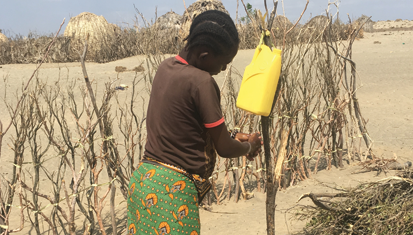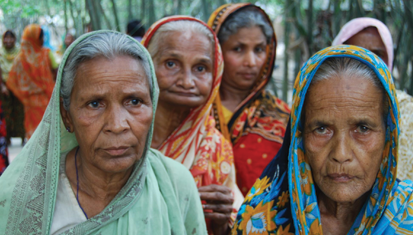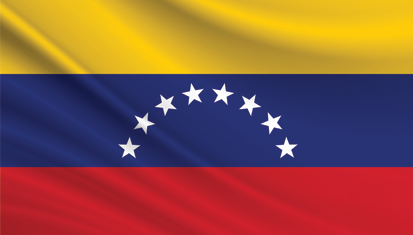Water, Sanitation and Hygiene as a frontline defence against COVID-19
Water, Sanitation and Hygiene as a frontline defence against COVID-19
Increasing access to safe water, sanitation and hygiene (WASH) in developing countries is an essential first line of defence against COVID-19. Ecorys staff weigh in on what the pandemic means in one of our key focus sectors.
Regularly washing hands with soap and water reduces the chances of being infected by or spreading the virus, but for billions of people this is out of reach. The WHO reports that around 40 per cent of the world’s population do not have a handwashing facility with water and soap at home. So, what can be done to improve access to WASH and help even the most vulnerable communities protect themselves against the pandemic?
Health response starts with a WASH response
In communities without piped water, securing access to water is more important than ever at both household and community level because:
- access to safe water and sanitation is a basic human right;
- the most marginalised tend not to have access to appropriate WASH facilities, so COVID-19 will likely exacerbate inequalities;
- the public health benefits of WASH are reliant on services being available to all.
Where water supply is unreliable, additional water storage can be installed. Where no supply is available, trucking may be an option. COVID-19 response plans should allocate sufficient financial resources for emergency WASH response, but it is also essential that ministries and agencies responsible for WASH are included in the COVID-19 response committees.
Other measures to strengthen COVID-19 prevention through WASH include:
- ensuring access to WASH and appropriate cleaning products in healthcare facilities and schools;
- installing handwashing facilities in frequented public places such as markets, shops, and places of worship;
- adapting hygiene communication campaigns to local contexts including language, income levels, cultural beliefs and available media channels;
- adapting water point management to minimise risk of COVID-19 transmission;
- increasing environmental cleaning such as disinfecting often-touched surfaces in public spaces;
- regular monitoring of WASH services to support decision making and avert water supply disruption.
System-based solutions
To sustain existing supply, water and sanitation service providers need to make plans for how to ensure critical operations in the face of different COVID-19 scenarios. But service providers themselves rely on a continuous power supply or open lines for trade and transportation of WASH supplies. A coordinated approach is needed across all related sectors.
Innovative financial measures are also an important tool. To reduce cost barriers to water access, many countries are temporarily lowering or completely removing tariffs. Countries such as Bangladesh and Colombia have also halted or reversed disconnection for unpaid bills. But the resulting gaps in revenue cannot be borne by service providers without impeding service delivery. Public and private financiers will likely need to provide service providers with additional funding, lines of credit or alternative financial aid.
Over 20 years’ experience in WASH
Ecorys’ International Development Unit has extensive experience in supporting countries to improve access to and quality of WASH services, coupled with extensive expertise in public financial management. We have worked alongside governments, municipalities, communities and the private sector globally for over 20 years. More information on our WASH work can be found here, and further details of how we are supporting the WASH response to COVID-19 can be found here.

4 June 2020
3 minute read


